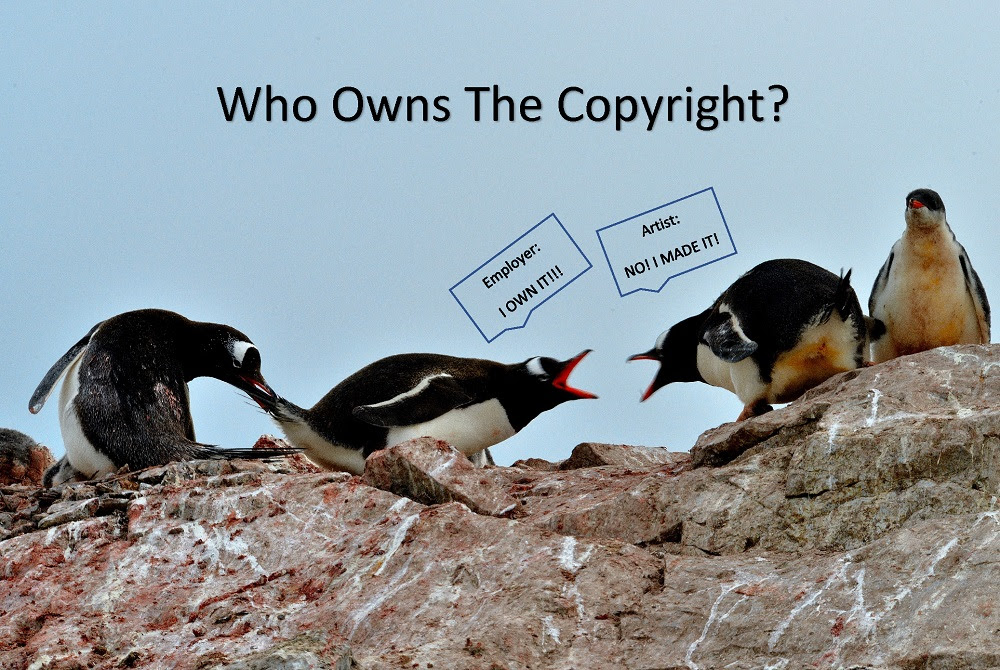Do You Own the Copyright in Your Logo?
You might not realize that your logo may be protected by both the copyright and trademark laws. A case filed last month provides a good reminder to be sure you own all necessary rights.
Earlier this year, SweetWater Brewing Co. sued Ray “Scott” Fuss, the artist who created its rainbow-trout logo, in federal court. Fuss is claiming he’s owed $31 million for SweetWater’s use of the “underlying artwork,” and SweetWater is asking the court to find that it isn’t infringing his rights.
SweetWater has been using the rainbow-trout images created by Fuss for decades, but after SweetWater was sold to Aphria Inc. in 2020, Fuss began claiming, allegedly for the first time, that he has not received payment in full for the artwork. He then sued SweetWater in state court for conversion, breach of contract, unjust enrichment, and fraud.
Fuss acknowledges receipt of a $500 payment in 1996 but claims that there was an “understanding implicit in the agreement” that his interest in his intellectual property rights would grow and that he would receive additional compensation at the time of any sale of the company. The requested $31 million is, according to Fuss, the value of the intellectual property sold to Aphria.
Had SweetWater and Fuss signed a clear and complete agreement when SweetWater hired Fuss to create the trout images, the expenses and stress associated with this litigation would almost certainly have been avoided.
Generally, the person who creates a work is considered to be the author of that work under the copyright law, but there is an exception: work made for hire. If a work is “made for hire,” the employer, rather than the employee who actually created the work, is considered to be the author. A work made for hire is defined by the copyright statutes as:
(1) a work prepared by an employee within the scope of his or her employment; or
(2) a work specially ordered or commissioned for use as a contribution to a collective work, as a part of a motion picture or other audiovisual work, as a translation, as a supplementary work, as a compilation, as an instructional text, as a test, as answer material for a test, or as an atlas, if the parties expressly agree in a written instrument signed by them that the work shall be considered a work made for hire.
What does this mean in plain English? While there are exceptions, generally speaking, you’ll own the copyright in works that your employees create, but independent contractors will own the copyright in works they create.
This underscores the importance of having a written contract either describing in detail how you can use the purchased work or granting you the copyright in that work.
Often, an independent contractor will be willing to transfer the copyright to you, but only for an extra fee. Depending on how you plan to use the work, you may want to pay this fee, or you may be content with a license that covers all your needs.
Either way, you need to have a written contract that clearly spells out the terms of the arrangement.
Do You Own the Copyright in Manuscripts or Artwork You Buy?
Buying an item does not give you the right to reproduce that item. Spice DAO learned this the hard way a few weeks ago after it won an auction for €2.66 million (a little over $3 million US dollars) for a rare copy of Dune. The Christie’s listing had valued the book at only €25,000-€35,000.
After the purchase, Spice DAO tweeted that its mission was to “1. Make the book public (to the extent permitted by law) 2. Produce an original animated limited series inspired by the book and sell it to a streaming service 3. Support derivative projects from the community.” It wasn’t long before Twitter erupted in ridicule.
Unless you have a written agreement with the owner of the copyright in the manuscript, artwork, or other item you acquire, you do not own the copyright in that item, regardless of how much you paid for it.
******
As you can see, it is important to work with an experienced intellectual property lawyer in connection with these types of issues. Please let us know if you need any assistance with any copyright, trademark, or other intellectual property issues.
Photo by Long Ma on Unsplash






